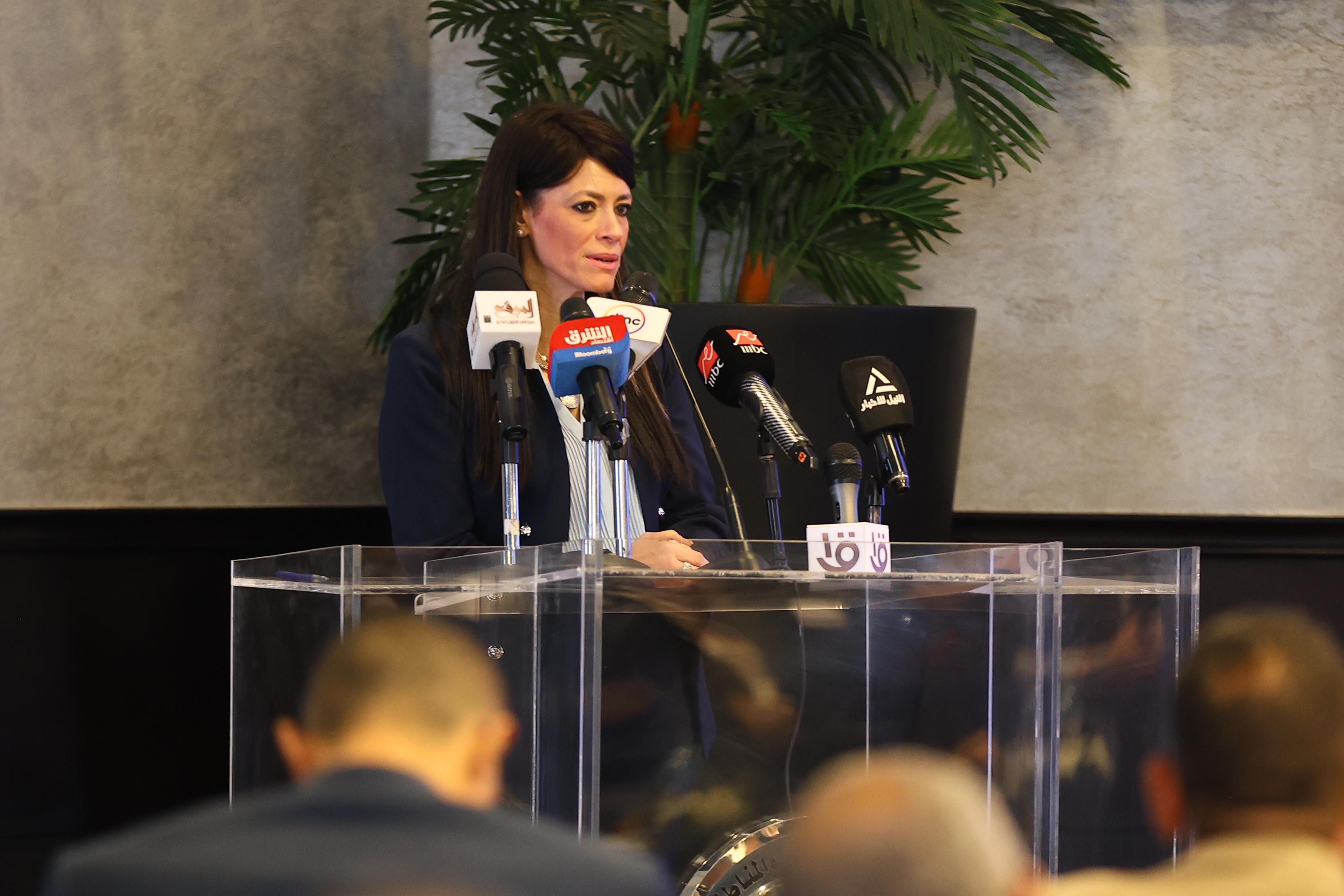The Government of Egypt today hosted an event on the occasion of the launch of World Investment Report 2025 by UN Trade and Development (UNCTAD), the global reference on foreign direct investment (FDI) trends and policies.
The report highlights critical developments in global foreign direct investment, focusing on sustainable development and the role of investment in achieving the Sustainable Development Goals (SDGs). This year’s edition examines key trends in international investment in the digital economy – the fastest-growing segment of the global economy.
Key findings
• Global FDI rose 4% in 2024 to US$1.5 trillion, but this headline figure was inflated by volatile conduit-economy flows. Excluding these, global FDI fell 11% -a second consecutive annual decline. The global 2025 outlook remains negative amid heightened investor uncertainty.
• SDG-related investment in developing countries fell by 25– 33% across infrastructure, renewable energy, water and sanitation, and agrifood systems. Only the health sector recorded growth, albeit from a small base.
• Policy measures reached their second-highest level on record (174) in 2024; 78% were favourable to investors, though many were shaped by geopolitical and industrial-policy goals.
• Digital-economy investment is expanding rapidly but remains highly concentrated. Data centres and fintech attract the bulk of flows, leaving wide regional gaps. Aligning national digital strategies with investment, industrial and environmental policies- and with the work of investment-promotion agencies- is essential for narrowing the digital divide.
Regional focus: Africa
• FDI inflows to Africa rebounded by 75% last year to US$97 billion, raising the continent’s share of global FDI from 4 to 6% and of developing-country inflows from 6 to 11%. Egypt was the largest recipient and the main driver of the turnaround.
• Greenfield announcements fell in both number (-5%) and value (-37%) across most countries. Announced international project-finance deals increased in value (+15%) - boosted by a megaproject in Egypt - but dipped slightly in number (-3%).
• Cross-border mergers and acquisitions turned negative, yielding net divestments of US$1.5 billion versus net investments of US$9.5 billion in 2023,
Egypt in focus:
• Egypt was the primary driver of Africa’s FDI surge in 2024, led by the landmark Ras El-Hekma urban-development mega-project.
• Project-finance commitments doubled, buoyed by large-scale investments in energy and transport infrastructure.
• Egypt defied the continent-wide decline in announced greenfield projects, emerging as a bright spot in project-finance performance.
• North Africa - led by Egypt - was identified as the main growth engine for FDI in Africa.
• Globally, Egypt leapt from 32nd to 9th place among FDI recipients in 2024.
Statements
Dr Rania Al-Mashat, Minister of Planning, Economic Development & International Cooperation, said:
"In a year marked by shifting global investment patterns, Egypt's consistent presence on the investment landscape, as captured in the World Investment Report, comes as we double down on an ambitious reform agenda that places industrial production, exports, and foreign direct investment at the heart of our economic development model. Our focus remains clear: unleashing private sector potential through structural reforms that foster quality growth and resilience by driving job creation, boosting productivity and increasing value-added."
Eng Hassan Elkhatib, Minister of Investment and Foreign Trade, added:
“Egypt is writing a new investment narrative, coupling deep structural reforms and clear, predictable policies with a competitive, transparent business climate and a dynamic private sector. This vision reinforces Egypt’s growing role in the regional and global investment landscape, transforming the country into a hub of opportunity and connectivity.”
Mr Richard Bolwijn, Director, Investment Research Branch, UNCTAD, underscored the need for international cooperation to help developing countries navigate volatile investment landscapes:
“This year’s findings call for renewed efforts to mobilize private investment for sustainable development, especially in economies facing structural constraints.”
The event featured a technical briefing on the report’s global findings and a discussion with representatives from the private sector, international organizations and academia.
